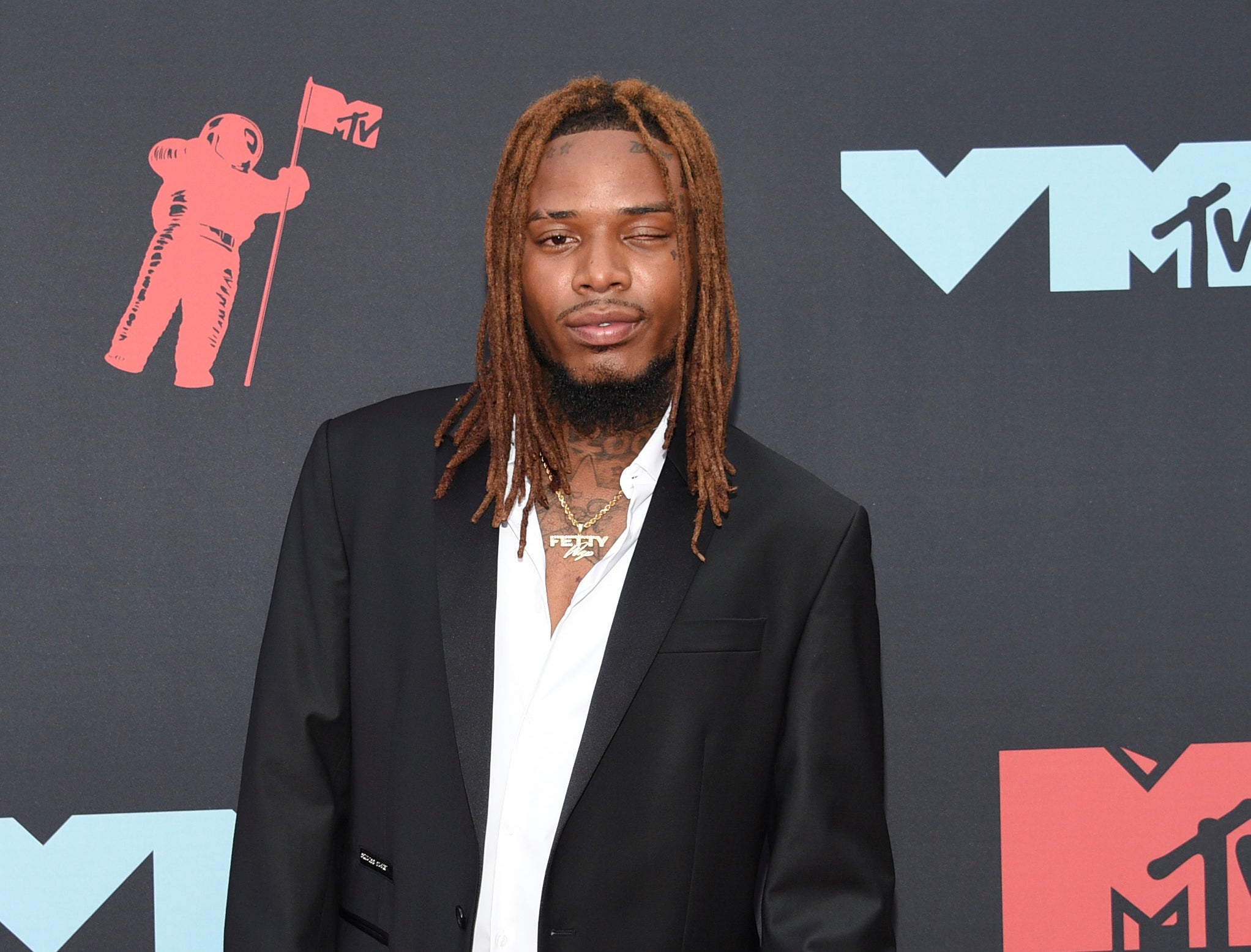Rapper Fetty Wap pleads guilty to conspiracy drug charge
Rapper Fetty Wap has pleaded guilty to a conspiracy drug charge that carries a mandatory five-year prison sentence

Your support helps us to tell the story
From reproductive rights to climate change to Big Tech, The Independent is on the ground when the story is developing. Whether it's investigating the financials of Elon Musk's pro-Trump PAC or producing our latest documentary, 'The A Word', which shines a light on the American women fighting for reproductive rights, we know how important it is to parse out the facts from the messaging.
At such a critical moment in US history, we need reporters on the ground. Your donation allows us to keep sending journalists to speak to both sides of the story.
The Independent is trusted by Americans across the entire political spectrum. And unlike many other quality news outlets, we choose not to lock Americans out of our reporting and analysis with paywalls. We believe quality journalism should be available to everyone, paid for by those who can afford it.
Your support makes all the difference.Rapper Fetty Wap pleaded guilty Monday to a conspiracy drug charge that carries a mandatory five-year prison sentence.
The plea in Central Islip on Long Island came before U.S. Magistrate Judge Steven Locke, who had revoked his bond and sent him to jail two weeks ago. No sentencing date was immediately set.
Locke took that step after prosecutors said that Wap, whose real name is Willie Maxwell, threatened to kill a man during a FaceTime call in 2021, violating the terms of his pretrial release in his drug case.
The “Trap Queen” rapper was initially arrested last October on charges alleging he participated in a conspiracy to smuggle large amounts of heroin, fentanyl and other drugs into the New York City area.
He pleaded guilty to conspiracy to distribute and possess controlled substances, the top charge in an indictment against him. It carries a mandatory minimum sentence of five years in prison while federal sentencing guidelines are likely to recommend additional years in prison.
Maxwell and five co-defendants were accused of conspiring to possess and distribute more than 100 kilograms (220 pounds) of heroin, fentanyl and crack cocaine between June 2019 and June 2020.
The scheme allegedly involved using the U.S. Postal Service and cars with hidden compartments to move drugs from the West Coast to Long Island, where they were stored for distribution to dealers on Long Island and in New Jersey, prosecutors said.
Maxwell rose to prominence after “Trap Queen,” his debut single, reached No. 2 on the U.S. Billboard Hot 100 chart in May 2015.